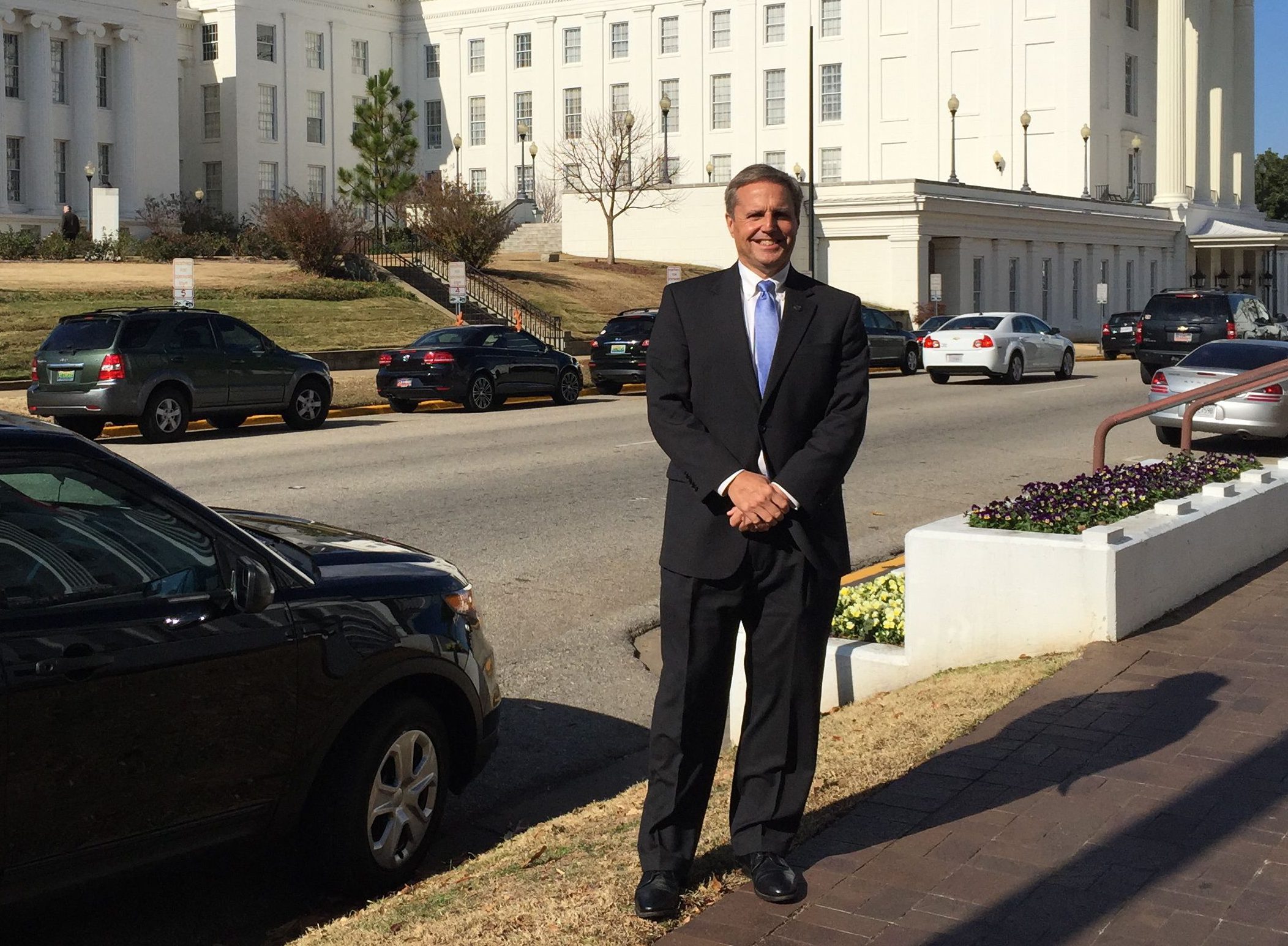

Judge: Yeah, and so information is a key way of kind of empowering people on both sides. Even through the simpler of cell phones, where they could see the market price of that, which they were selling and drive a harder bargain with the intermediary. And then we can make choices that are really are more aligned with our values.īrancaccio: You know, what helped with the situation with farmers and the intermediaries was more information digitally. And so the idea is when we start to strip some of those layers, we’re reminded of that impact. We’re systematically blinded to the impact of our actions on those … the people who are a times nearby at times quite far away because of the layers. But right now, there’s so many layers of intermediaries, we don’t even see the farm or the farmer. Most of us can’t go directly to the farm. And so yes, intermediaries play a critical role. So on average, farmers receive about 15% of the price that we pay for food.

Judge: That is a perfect example of how the balance of power is really off kilt right now. I’ve lived there, I’ve done reporting there, where I have met farmers getting only a teeny tiny fraction of the market price of something that they’ve raised or grown, because of the middleman or middlewoman, the intermediary in the middle. By contrast, Amazon Marketplace, also an incredible connector in a lot of ways, but the structure of it makes it a lot harder to know the people and the places behind the goods that you’re buying.īrancaccio: Now, I happen to pay special attention to Sub-Saharan Africa. You actually see the person from whom you’re buying a good, you get to communicate with that person directly, they get to create a site that really reflects who they are, so you know, who you’re supporting and where the goods are coming from. And they also create a lot of transparency. When you think about it, if you go on to Etsy, yes they take a cut, but they also really help small makers, small creators, small retailers connect with consumers across the country, around the world. I’d say Etsy is part of the alternative ecosystem that helps restore that choice. And if we’re kind of at a point in time, that could be a pivot point where we continue to have meaningful choice, or were kind of the biggest players really dominate. Judge: Yeah, I would actually say Etsy is much more a force for good than a force for bad. Good or bad, right? Because they are a way to connect creators and producers more closely with the consumer with the buyers, but they also take 5% right off the top.
#Middleman business full
Kathryn Judge says that while the middleman economy is full of efficiency, “the process of transforming everything into a commoditized good, really strips goods from that sense of place.” (Courtesy Samantha Rayward)īrancaccio: Well, I mean, let’s look at the online site, Etsy. So we’re certainly not getting away from a world with a lot of intermediaries. They make our lives easier, goods cheaper. They are a critical part of the modern economy. I mean intermediaries, middlemen, whatever you want to call them they are the connective tissue. I mean, they’re everywhere, I suppose, right? When was the last time I actually went to the farm to get the tomato? The following is an edited transcript of their conversation.ĭavid Brancaccio: What should we call them? Intermediaries, I’ll use mainly. Marketplace’s David Brancaccio spoke with Judge, who is also a Columbia Law professor and financial regulation expert, about the role of these intermediaries in our lives. “The challenge that arises is that all of the attributes that make them such good connectors, they build this amazing infrastructure and expertise and a set of relationships, tend to give them outsized power in future periods.” You likely went to a grocery store, a middleman, instead of directly to the farm where the crops are grown.īut what makes intermediaries so good at their jobs, can also give them significant influence says Judge. Think about the last time you bought produce, for example.


 0 kommentar(er)
0 kommentar(er)
